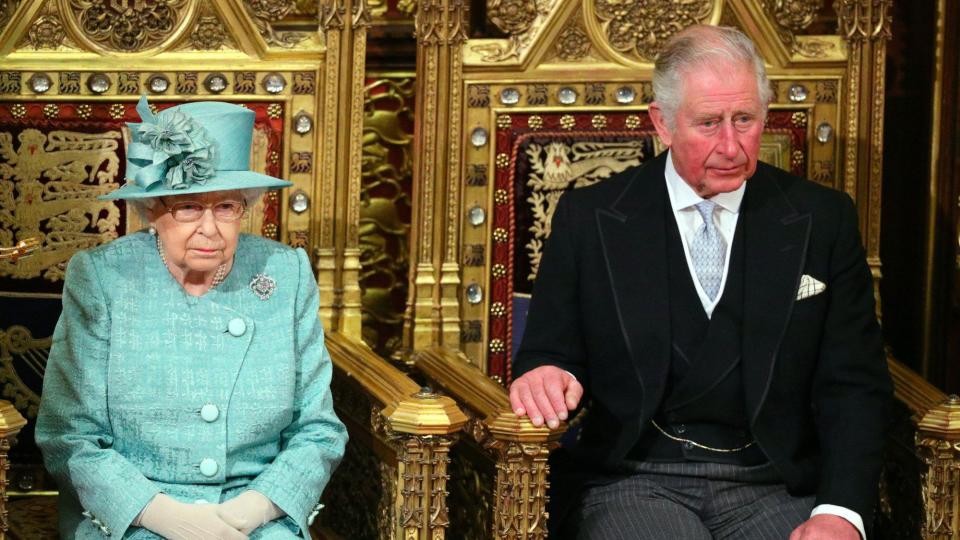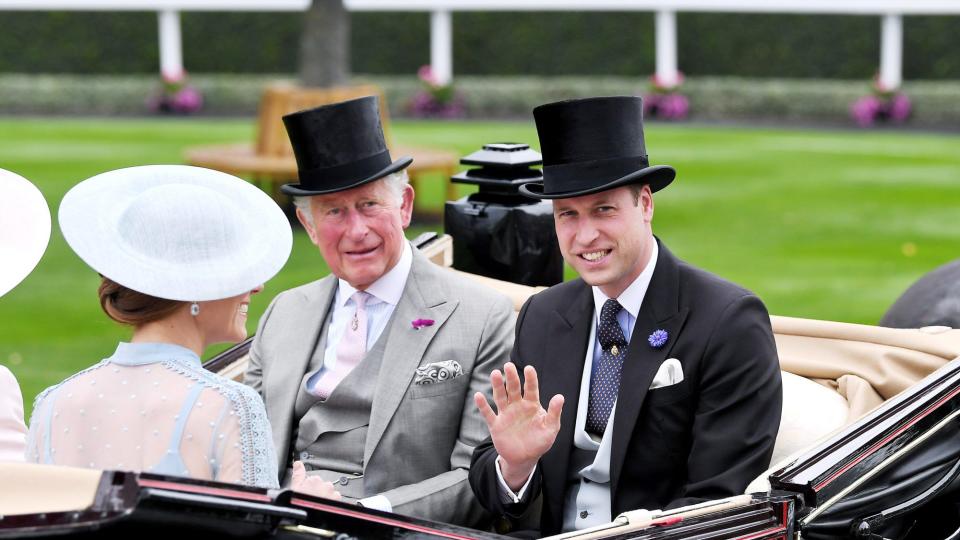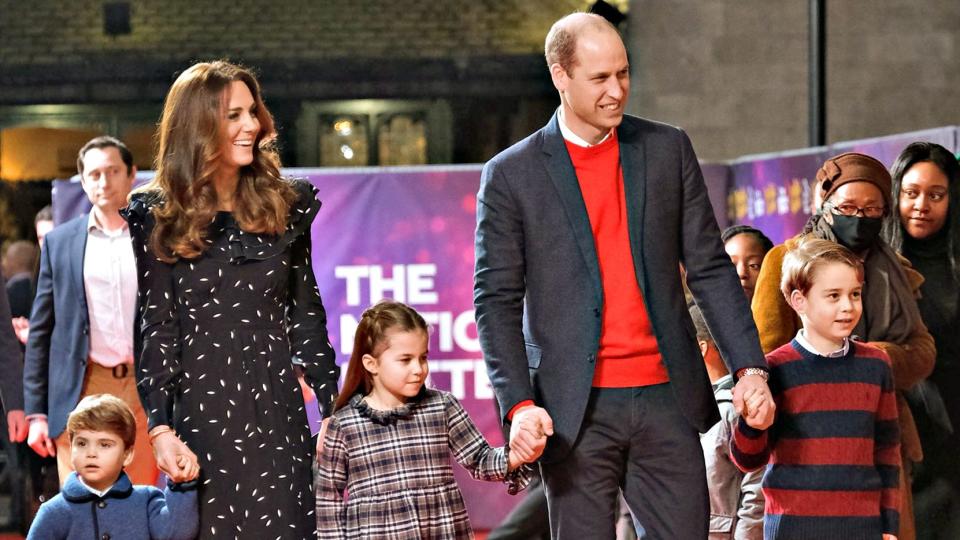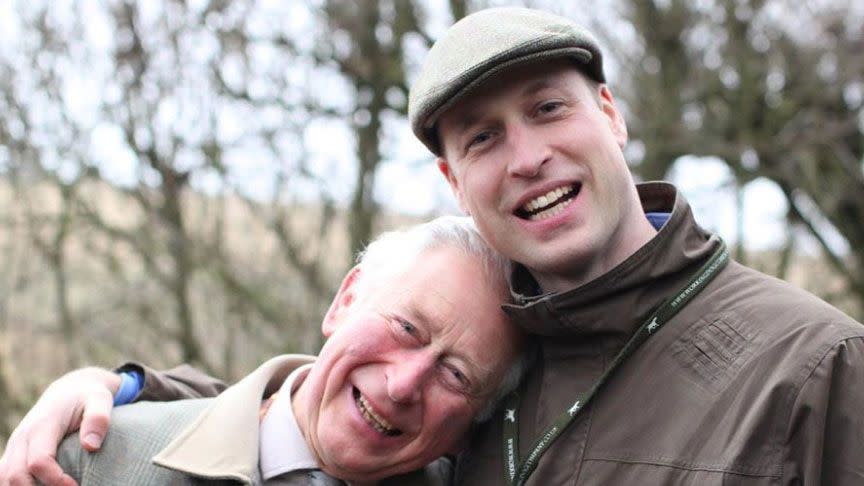Why Prince Charles Won't Wear a Crown Yet — How British Royal Succession Works
- Oops!Something went wrong.Please try again later.
- Oops!Something went wrong.Please try again later.
With the death of Queen Elizabeth, her eldest child Prince Charles immediately assumes the throne.
"He will be crowned probably in a year," Kate Williams, history professor at England's Reading University and author of Young Elizabeth: The Making of the Queen, tells PEOPLE. "The coronation ceremony usually takes a year because it's seen as unseemly, really, to have a coronation ceremony straight after someone's death. It's a long period of mourning."
Although at various points there has been speculation that Charles, 73, might step aside to allow his son, Prince William, 40, to take the reins, there is no truth to that notion.
For more on Queen Elizabeth, listen below to our daily podcast PEOPLE Every Day.
"He's waited for this, and he's sure he can do a good job of it. People suggest that Charles will abdicate because William and Kate [Middleton] are more popular," says Williams. "That's not the case. He's absolutely convinced he can do a good job of it."

Aaron Chown/AFP/Getty Queen Elizabeth and Prince Charles
Abdication, which is more common in other European royal houses when a monarch reaches a certain age, is extremely rare in England. The last time a king abdicated the British throne was December 11, 1936, when King Edward VIII stepped away from the monarchy after nearly one year in order to marry divorced American Wallis Simpson.
With his accession upon the death of his mother, Charles inherits the responsibilities and privileges of a consecrated king, except one — he won't be allowed to publicly wear a crown until his coronation. (This is why there are no official photos of King Edward VIII with a crown, as he abdicated ahead of his coronation — a fact that was touched on in Netflix's hit series The Crown.)

James Veysey/Shutterstock Prince Charles and Prince William
In accordance with the royal line of succession, Charles takes the throne, to be followed by Prince William, who will now be followed by William's elder child Prince George, 9. Next comes George's sister, 7-year-old Princess Charlotte, followed by their youngest sibling Prince Louis, 4. Prince Harry becomes fifth in line to the throne.
RELATED VIDEO: Queen Elizabeth, the Longest-Reigning British Monarch, Dies at 96
Charlotte's spot in the royal line is due to a 2013 succession law that allows the crown to pass on in order of birth regardless of gender. (Up until then, succession rules stated that the crown would pass to the eldest male heir and only to a female heir when there were no other male heirs available.)
"That might seem like a minor thing, but it is a big victory for equality," Williams says of the amendment. "It says to people, which [the Queen] proved more than anyone, that a monarch is a job and a woman can do it just as well as a man."

Max Mumby/Indigo/Getty Kate Middleton, Prince William, Prince Louis, Princess Charlotte and Prince George
Given that she is third in line, Charlotte's seat on the British throne is unlikely to transpire, although there will be some shifting among the royal family's various titles in the wake of Queen Elizabeth's death.
Most notably, Prince William becomes Prince of Wales and Kate becomes Princess of Wales, the title formerly held by William's late mother, Princess Diana. The position of the Prince of Wales is traditionally reserved for the heir apparent and does not pass on to William until Charles formally bestows it, which may take several months. (At that point, William and Kate's Duke and Duchess of Cambridge titles will go dormant.) The tradition of naming the heir apparent the Prince of Wales is said to date back to 1301 when King Edward I invested his son Edward of Caernarfon with the title. (However, the only actual evidence of the title being used for the heir dates back to the 16th century.)

Duchess of Cambridge, Kensington Royal/Instagram Prince William with his father Prince Charles
"Prince William didn't have a title other than Prince William until he got married, and that will be the same for George. They don't usually award dukedom unless [the royal gets] married," says Williams.
William will also take over the Duchy of Cornwall, one of two royal duchies, from his father. The Duchy of Cornwall, which was established to provide the eldest male heir with a private income, has become very lucrative under Charles, according to royal records. William, who studied agriculture and how to run an estate in special classes at Cambridge in 2014, will be expected to maintain the thriving duchy.

